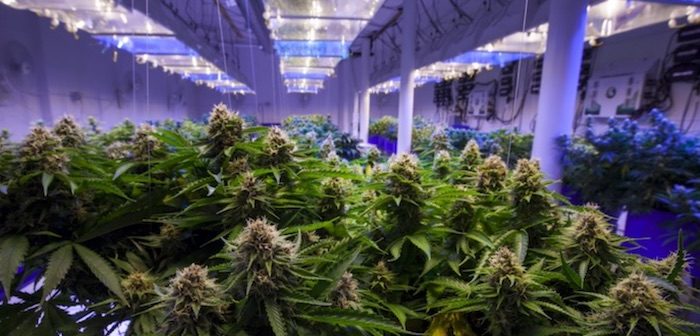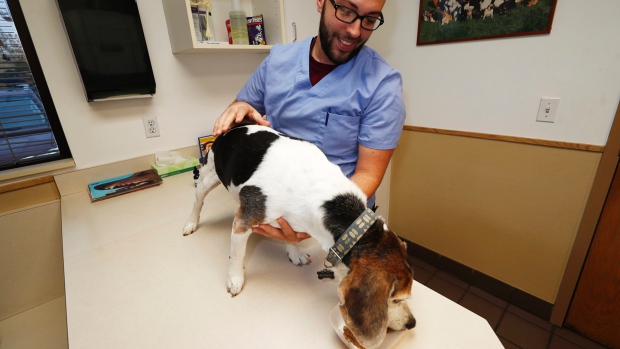On Wednesday, Sen. Orrin Hatch (R-UT) introduced new legislation that seeks to improve and streamline the process for conducting scientific research on marijuana.
From the Senate floor, Hatch rolled out his new Marijuana Effective Drug Study Act of 2017, declaring that “It’s high time to address research into medical marijuana.”
Loaded with double entendres, Hatch noted: “Our country has experimented with a variety of state solutions without properly delving into the weeds on the effectiveness, safety, dosing, administration, and quality of medical marijuana. All the while, the federal government strains to enforce regulations that sometimes do more harm than good. To be blunt, we need to remove the administrative barriers preventing legitimate research into medical marijuana, which is why I’ve decided to roll out the MEDS Act.”
While encouraging his colleagues to join in this political “kumbaya moment,” Sen. Hatch appealed to their compassion, asking they participate in this “joint effort to help thousands of Americans suffering from a wide range of diseases and disorders.
Early supporters of the Senator’s legislation include Sen. Cory Gardner (R-CO), Sen. Chris Coons (D-DE), Sen. Brian Schatz (D-HI) and Thom Tillis (R-NC).
Per Sen. Hatch’s press release, the MEDS Act will:
- Encourage more research on the potential medical uses of marijuana by streamlining the research registration process, without imposing a scheduling determination on the Drug Enforcement Agency (DEA).
- Make marijuana more available for legitimate scientific and medical research and the commercial production of any FDA-approved drugs derived from marijuana.
- Retain important checks to protect against diversion or abuse of the controlled marijuana substances.
- Require the National Institute on Drug Abuse (NIDA) to develop and publish recommendations for good manufacturing practices for growing and producing marijuana for research.
- Require the Attorney General to increase the national marijuana quota in a timely manner to meet the changing medical, scientific, and industrial needs for marijuana.
- Codify the administration’s decision to terminate the Public Health Service and its review of proposals for medical research on marijuana. Prevent the Department of Health and Human Services from instituting any other marijuana-specific protocol reviews, other than the voluntary review that a researcher can request from the National Institutes of Health (NIH) in order to access the expedited DEA registration process.
Currently, in the Beehive State, the Utah Patients Coalition (UPC) is in the middle of a critical signature drive for their 2018 medical marijuana ballot initiative. Provided the 2018 initiative wins voter approval, Utah’s doctors would finally be able to recommend medical marijuana for a host of debilitating conditions. In need of just over 113,000 signatures by April, the UPC will be holding a petition signing event at the Bountiful farmer’s market today – Sept. 14, 2017 – from 3-8 p.m.













